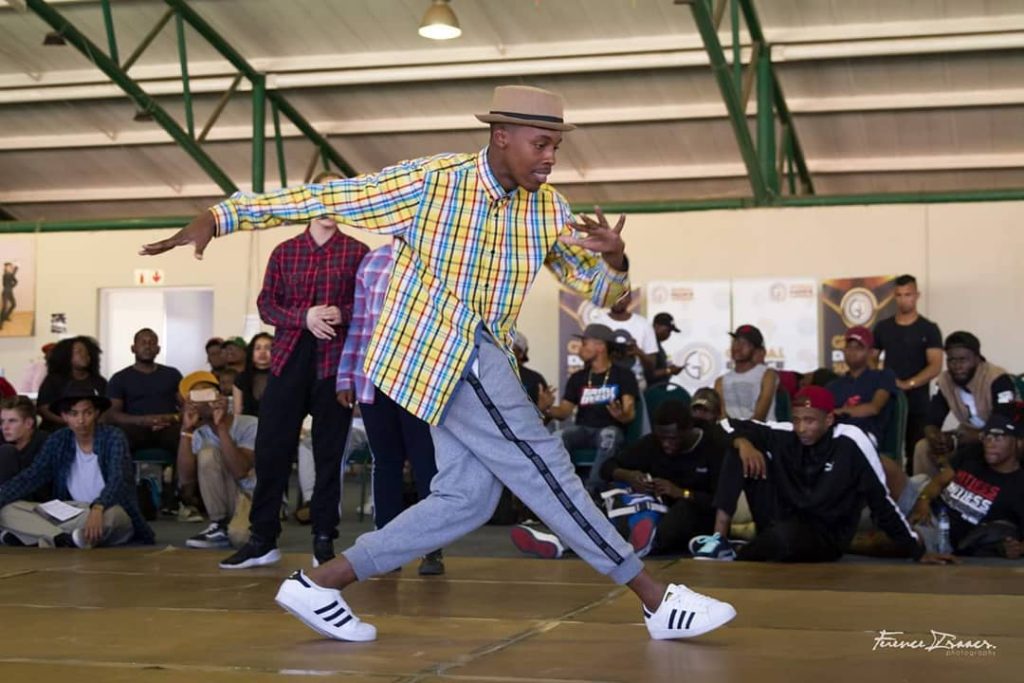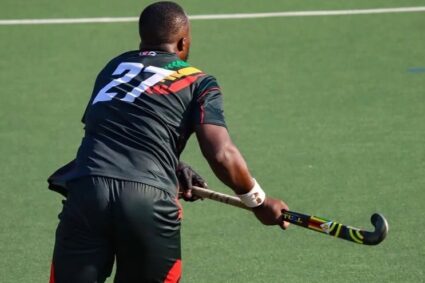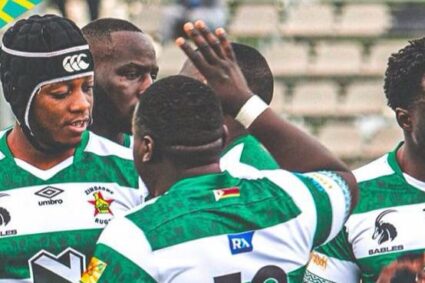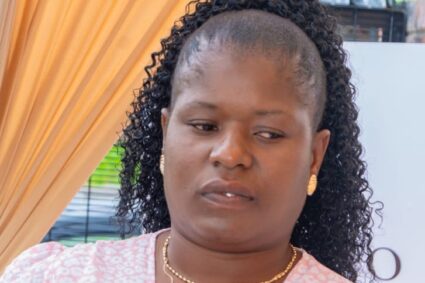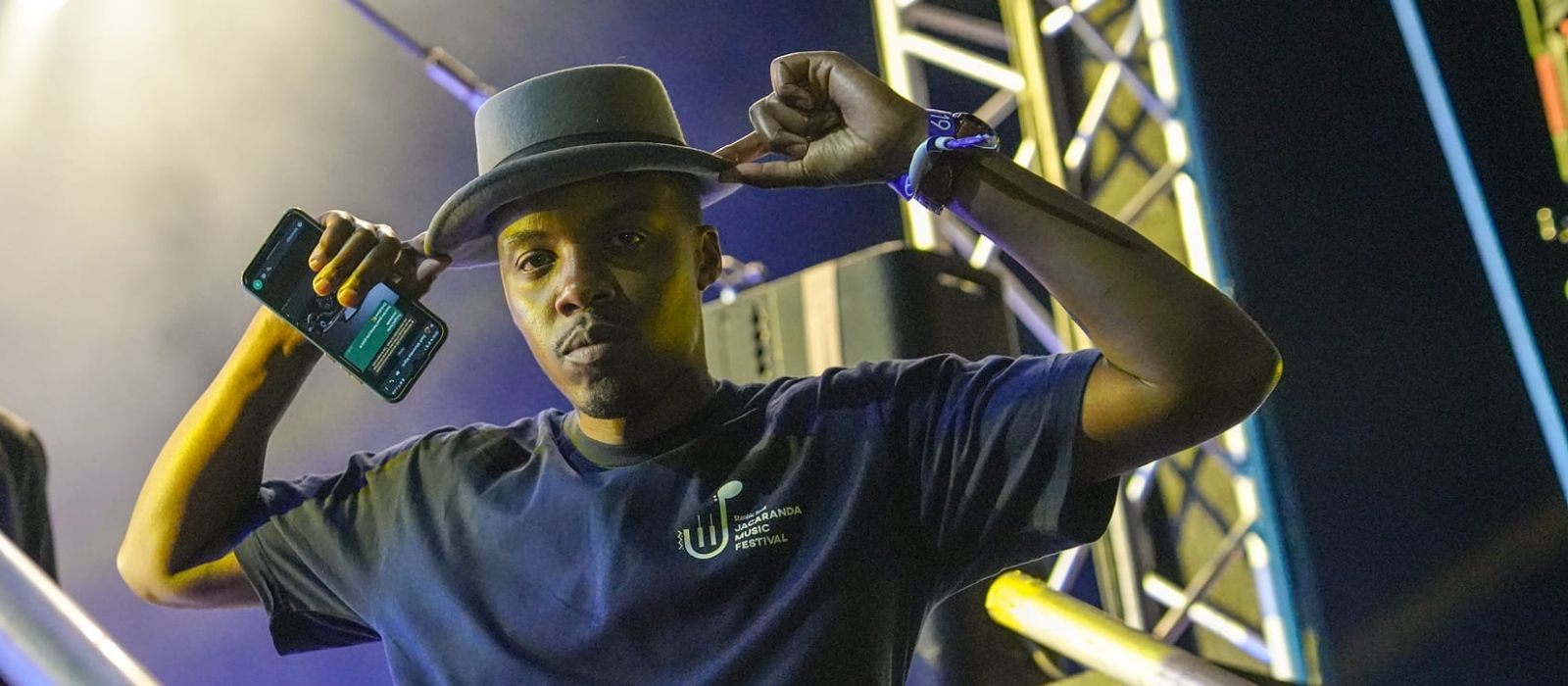
It has been nearly a week since the curtains closed on the Paris Olympics, a historic event that saw multiple world records shattered across various sports. Notably, Paris made history as the first city to host the Summer Olympic Games featuring ‘Breaking’ as an official sport. However, as the 2024 Summer Olympics concluded, there are indications from the Olympic Committee that ‘Breaking’ may not be included in the next edition of the Games.
In an exclusive interview with Zimbabwe’s International Break-dancer Fungie Chana (FC), he shares his thoughts on the significance of ‘Breaking’ being recognized by the Olympics during the 2024 Summer Games. He also spoke with My Afrika Magazine journalist Tapiwanashe Rubaya (TR) about what it would mean for Zimbabwe to have a representative competing in the Olympics under the ‘Breaking’ category.
TR: Can you introduce yourself to our readers?
FC: I am Fungie Chana, a choreographer, dancer, certified dance teacher with a South African dance body, adjudicator, and facilitator. I am also the director of Global Dance Supreme Zimbabwe, creative director of Break Nation dance crew, a two-time Next Level USA alumnus, and the inaugural champion of the Jibilika dance competition.
TR: Breaking has always been deeply rooted in the community. How did you get into it?
FC: I became more involved after winning several dance battles with the Inmates Dance crew. I also attended Breaking theater productions and workshops held by renowned Breaking crews and b-boys from countries such as France, South Korea, the United States, and South Africa.
TR: When the Olympic Committee announced in 2021 that Breaking would finally be part of the Olympic sports, what did it mean to you?
FC: It meant that we now have a much larger global platform to showcase our skills and be part of an international Breaking community. This recognition helps boys and girls worldwide gain more acknowledgment and support from their countries and society.
TR: There is an ongoing debate within the community that Breaking is not a sport but an art form. What is your take?
FC: I am aware of the debate. Yes, Breaking is an art form, but it has evolved to be recognized as a sport. For it to be classified as a sport, extensive research, observation, and recognition of the athleticism and fitness required to excel as a b-boy or b-girl have taken place. Breaking already has its own world championships that have been happening for over 30 years, like the Red Bull BC One World Final, which fills world-class arenas. Red Bull even endorses b-boys and b-girls as athletes. Breaking is one of the five elements of hip-hop, and it has always been competitive. Having Breaking as an Olympic sport is a way of telling the world to pay attention and take it seriously, considering how much it has grown since the 1970s up to now in 2024. Debating something that yields positive results isn’t productive.
TR: As you watched Breaking during the Olympics, who inspired you among the athletes who participated?
FC: For this event, I would have to say b-boy Danny Dan from France. He trained through emotional and physical pain and still made it to the final. The pressure of performing on home ground was immense.
TR: Do you think Zimbabwe has a chance of sending a representative in that category in the future? Would you consider representing the nation?
FC: I would want it to be included as part of Team Zimbabwe. Based on this recent Olympic event, I believe the organizers will see the impact and might reconsider including it in future Games. Breaking is not just a trend; it has a vast community and numerous competitions worldwide.
TR: What do you think needs to be done to improve Breaking or breakdancing in Zimbabwe?
FC: We need more workshops, cyphers, better training methods, and opportunities to travel for battles within Zimbabwe and internationally.
TR: What are some interesting facts about Breaking?
FC: Breaking has the power to create a better environment for communities.
TR: Lastly, what message do you have for Zimbabwean breakers?
FC: Do not stop Breaking. Keep building, make connections with other breakers, and continue developing yourselves and others. Breaking can transform your life from nothing into something.
